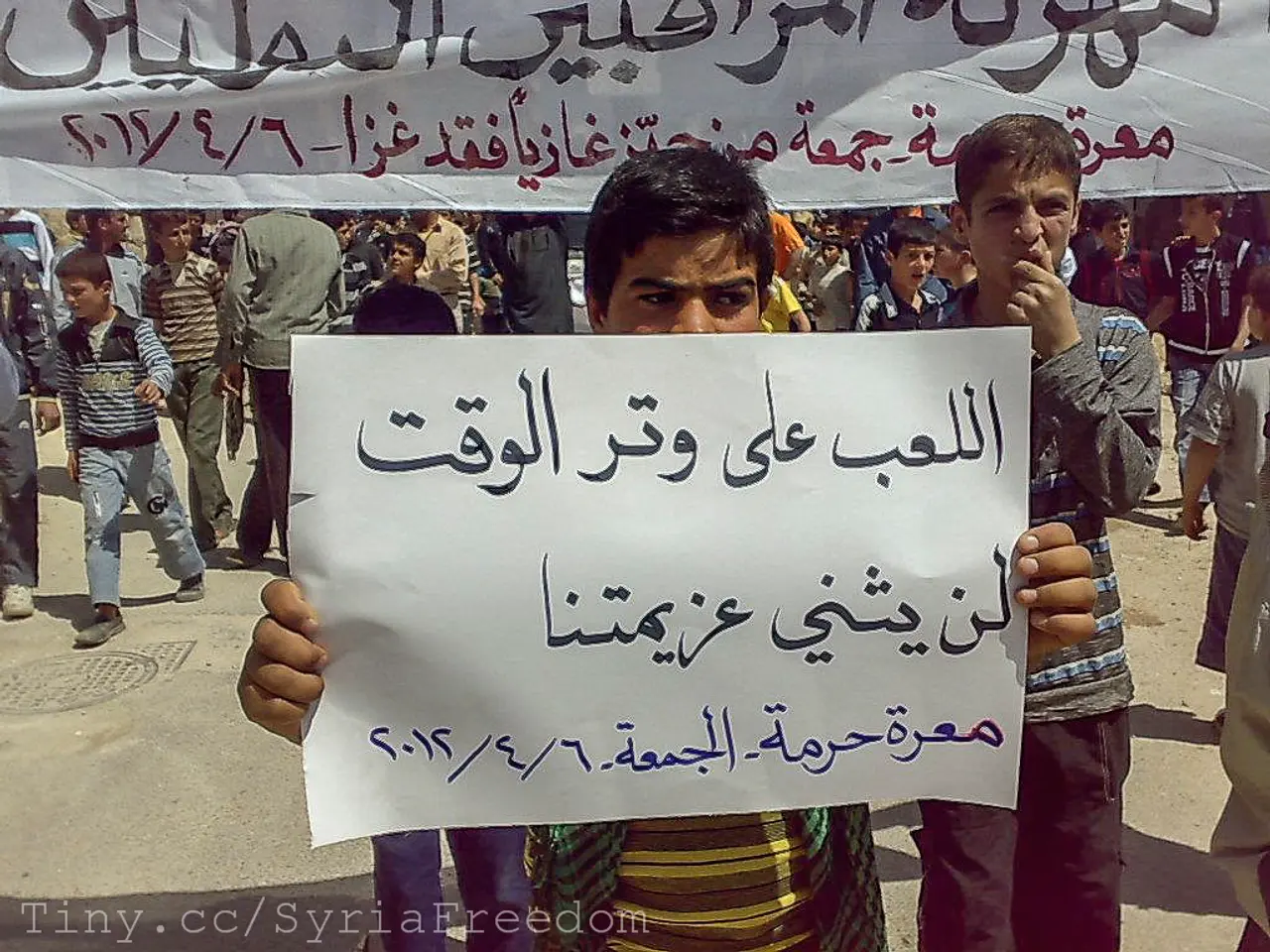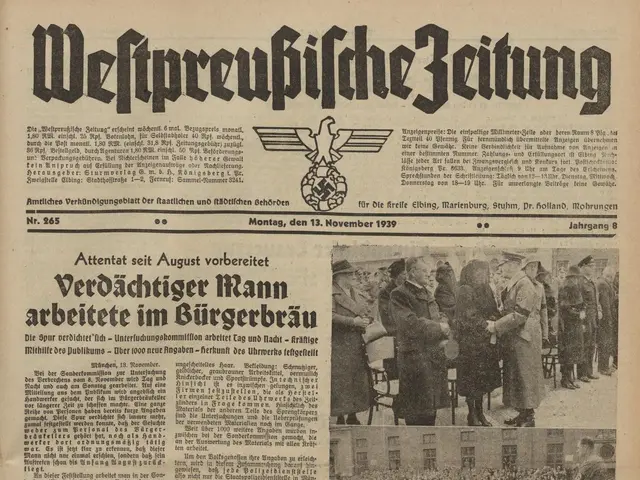Disruption in Boeing Weapons Division
Boeing is currently grappling with a strike involving around 3,200 defense workers at three Midwest plants in Missouri and Illinois. The workers, who build military aircraft and defense systems, walked out starting August 4, 2025, after rejecting a four-year labor contract over wage and scheduling disputes.
The strike, initiated by workers in Missouri and Illinois, is the latest challenge facing Boeing, a US aircraft manufacturer that has been in crisis for several years, facing a series of mishaps. The ongoing strike poses risks of production slowdowns and financial pressures amid Boeing’s efforts to recover from recent losses.
The strike impacts manufacturing at facilities in St. Louis, St. Charles (Missouri), and Mascoutah (Illinois). Despite the walkout, Boeing has declared its readiness for the strike and activated contingency plans to rely on non-striking employees to minimize disruptions.
The IAM union, which represents the workers, and Boeing are in a contract dispute. Although the company proposed a plan that included an approximate 40% average wage increase over four years, a 20% general wage raise, and a $5,000 ratification bonus, workers still voted against it largely due to concerns about scheduling provisions affecting overtime pay.
The strike potentially complicates Boeing’s efforts to improve its financial state, as defense manufacturing is a critical segment. Boeing recently reported narrowing its quarterly losses to $611 million from $1.44 billion year-over-year, showing some financial recovery before the strike began. However, the strike's long-term impact on production might affect delivery schedules and contract fulfillment for military aircraft.
Despite the strike, Boeing's shares slipped less than 1%, indicating some market confidence or limited immediate financial impact. Boeing's defense division has faced a strike before, with a strike by tens of thousands of workers idling production of Boeing’s 737 and 777 aircraft for nearly two months last fall.
One of the affected projects is the conversion of two 747 aircraft into new presidential planes. The resolution of the previous strike involved a 38% pay increase over a four-year term for Boeing's workers. The crisis has resulted in six consecutive years of losses for Boeing.
Boeing has been working to reduce operational impact through contingency measures. Long-term production delays might affect delivery schedules and contract fulfillment for military aircraft, but the company aims to mitigate immediate major disruptions. The strike is active at key Boeing military manufacturing sites, and the company is working to ensure minimal disruption to its operations.
- The ongoing aerospace industry strike by Boeing's defense workers presents a financial challenge for the company, as defense manufacturing is a critical segment of their business.
- The decision by workers to reject the four-year labor contract, which included a 40% average wage increase over four years, a 20% general wage raise, and a $5,000 ratification bonus, could potentially delay delivery schedules and contract fulfillment for military aircraft.
- The strike in the general-news category, due to its impact on Boeing's manufacturing facilities, could also have implications for crime and justice, if the resolution process involves lengthy legal disputes or protests.








